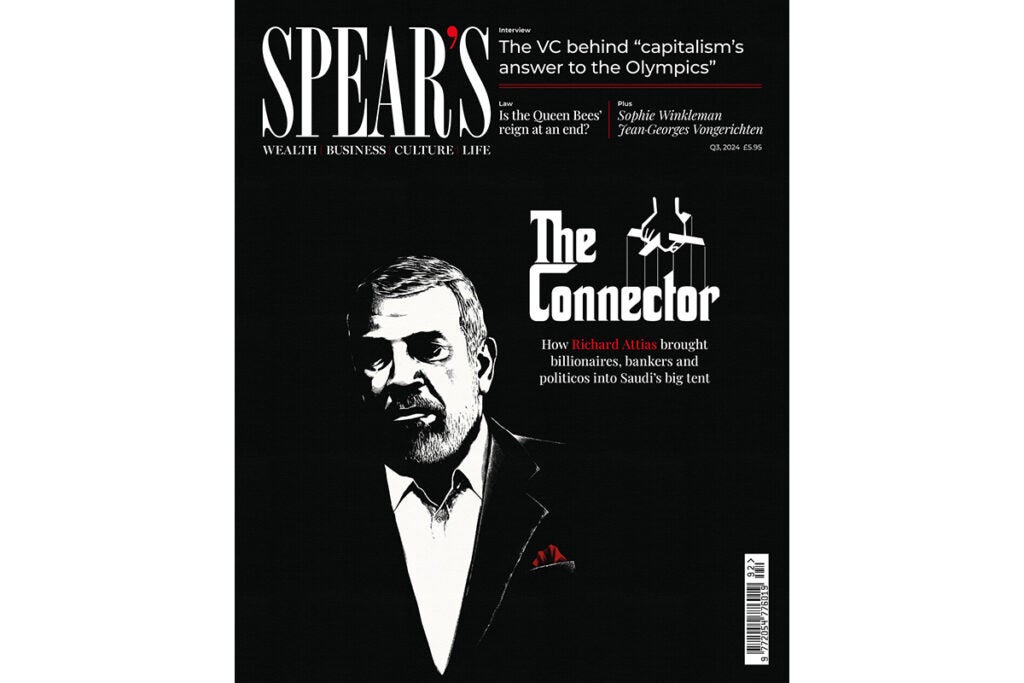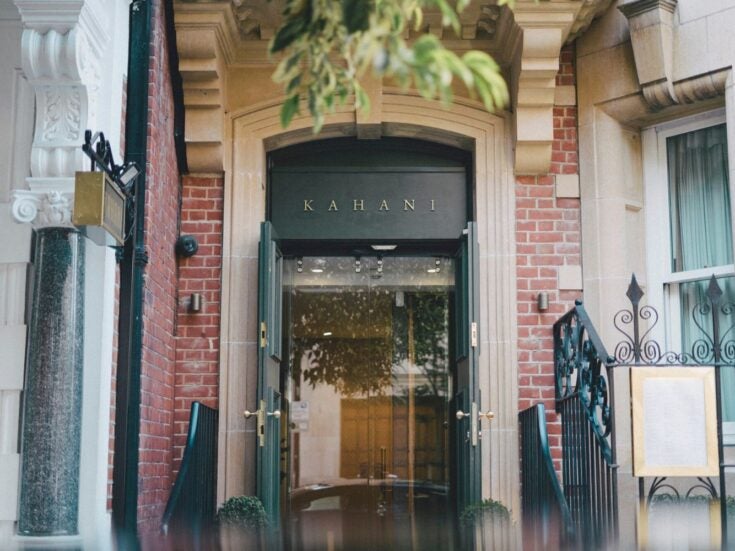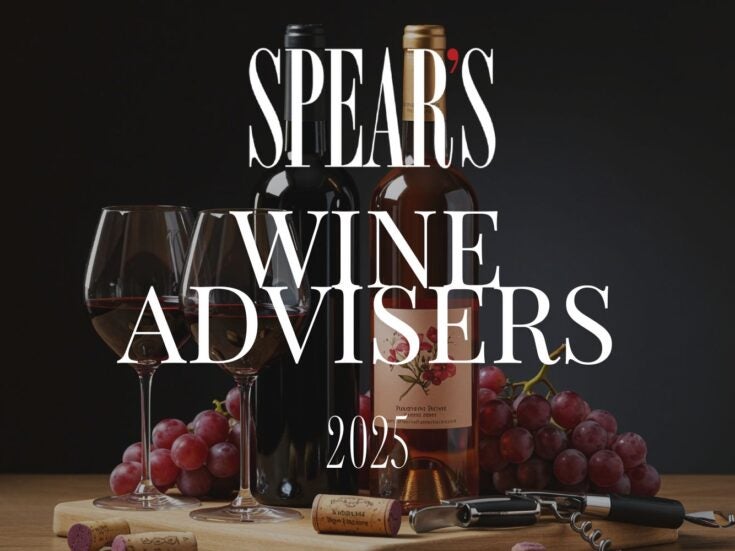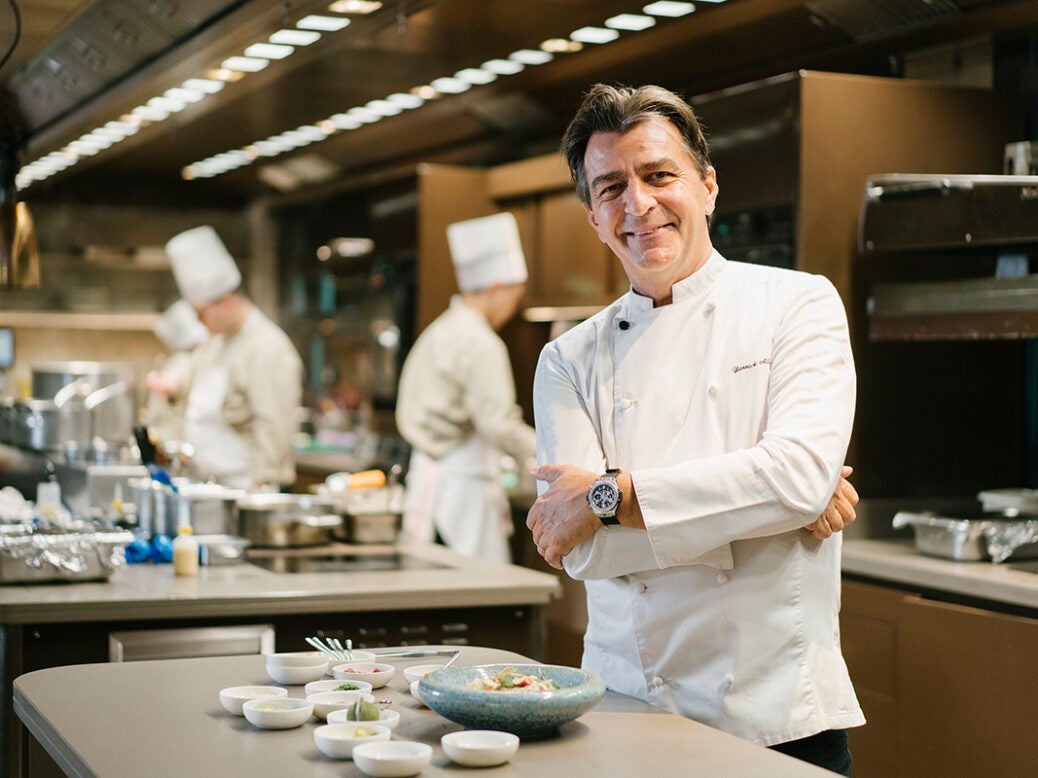
I do believe I can influence the industry. I know I’m not perfect – we all say and do the wrong thing – but if you stay in that mindset and never apologise for what you’ve done, then nothing ever changes.
From the beginning of my career, I learnt that the job could be brutal. I had to start at 6am and leave at 1am the next day. The most important rule through it all: don’t complain. Today that’s changed because there is a recognition that people need to have a personal life away from their job. It’s a matter of humanity, and I hope humanity is now less stupid.
The industry was much more judgemental when I was younger. Coming from the suburbs of Paris where it’s not as chic, I had to lie for years about where I was from to gain people’s respect.
It was much more difficult for women as well. Although it is improving, there is still a lot to be done. We have had a huge evolution in our society and I don’t want to be against this evolution. If anything, I feel a huge responsibility to be a part of it. We have to think about how to encourage women and say: ‘I’m here, let me know what you need to make your career a success.’
Opening a restaurant is easy
Opening a restaurant is is very easy. It’s afterwards that the work starts. Team-building is one of the most important aspects – you absolutely have to trust your team. I’m not in the kitchen every day, so I have to be able to put my own energy to one side. Once you have that, everything else is pot luck.
The high-food industry is at its peak right now. I’ve been doing this job for 40 years and I have never seen the standard this high. A big part of this is down to the internationality of the industry. Before you had France cooking French food, Japan cooking Japanese food, but now everything is global and I think for foodies it’s fantastic.
I am a perfectionist; I’m really afraid to disappoint people. When something isn’t right, I really suffer and I don’t sleep. When guests arrive at a restaurant they come in with certain expectations, and we need to be beyond those expectations. That’s what drives me.
One year of Pavyllon
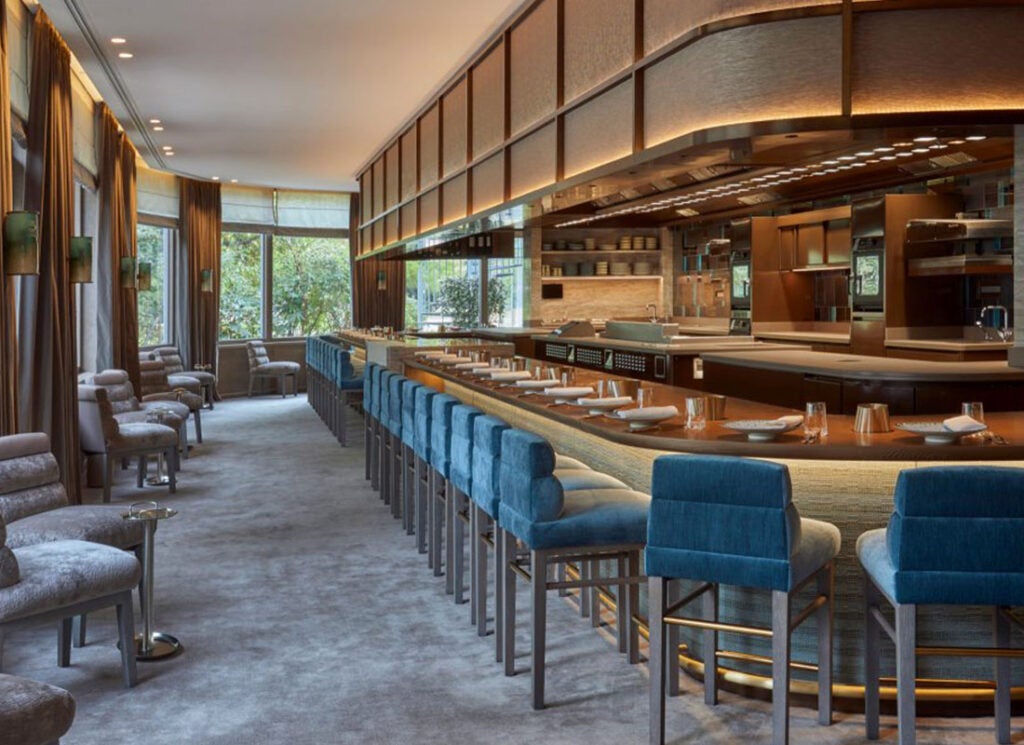
This is why I was scared to come to London; it is one of the hardest markets I have ever had to work in. There are so many incredible chefs it’s crazy, and you have to react to this constantly. You have to be awake, feel and be attentive.
[See also: Jeremy King is back to reclaim his crown]
When I first arrived here, everyone said: ‘You need four years before you can decide if the restaurant is successful. It is just not realistic to come and think you will have immediate success.’ But after six months at Pavyllon I am very proud that the quality is there.
My aim with Pavyllon is to be known as the best neighbourhood restaurant, and to be in Four Seasons Park Lane is a great advantage. The project is not finished; it is never finished.
Before I retire, I would love to have a Pavyllon to teach people, young generations. Today it’s not just about technical skills, it’s also about business skills – understanding how to speak with the guests and truly create a plate.
It’s now my time to lift up the next generation. I want to be a giant and allow them to stand on my shoulders to see further and shape the future of the industry.
This feature first appeared in Spear’s Magazine Issue 92. Click here to subscribe
